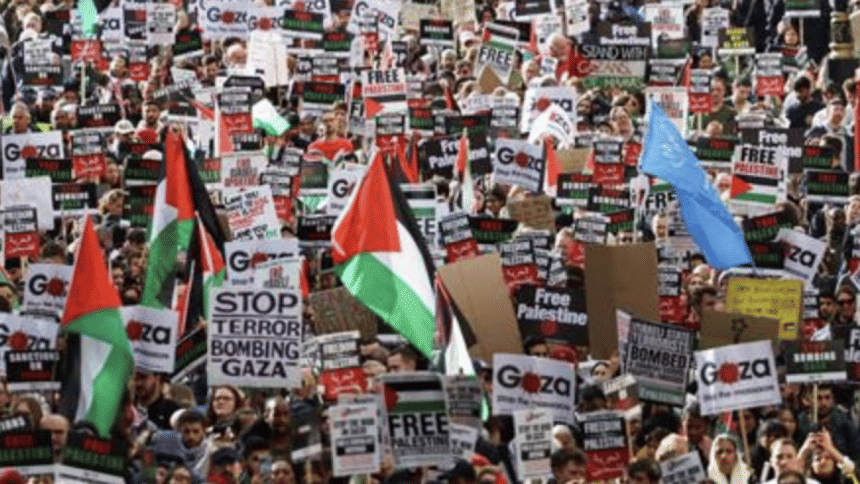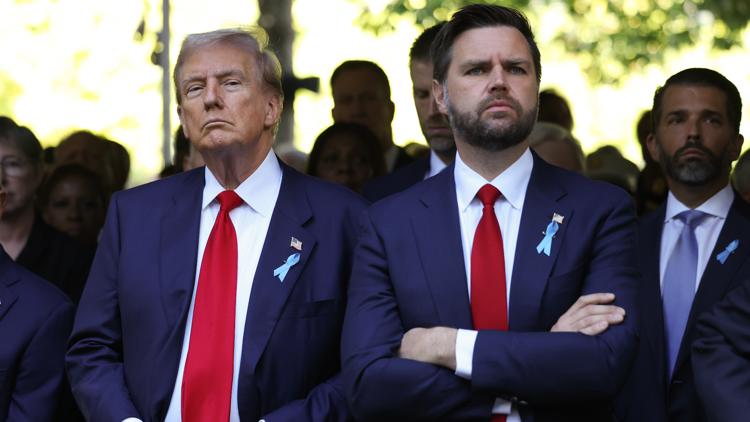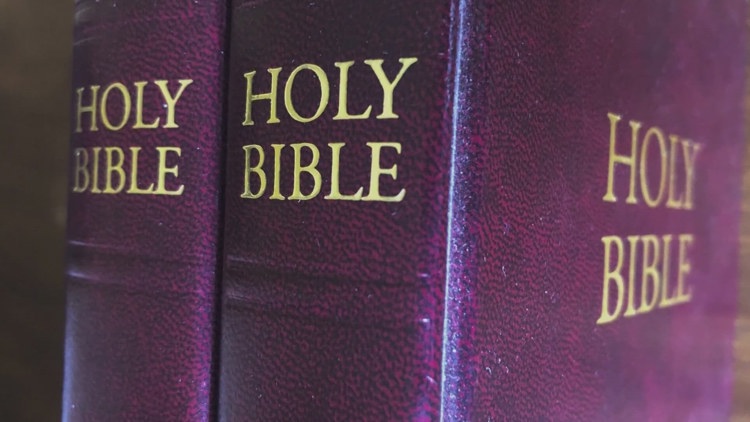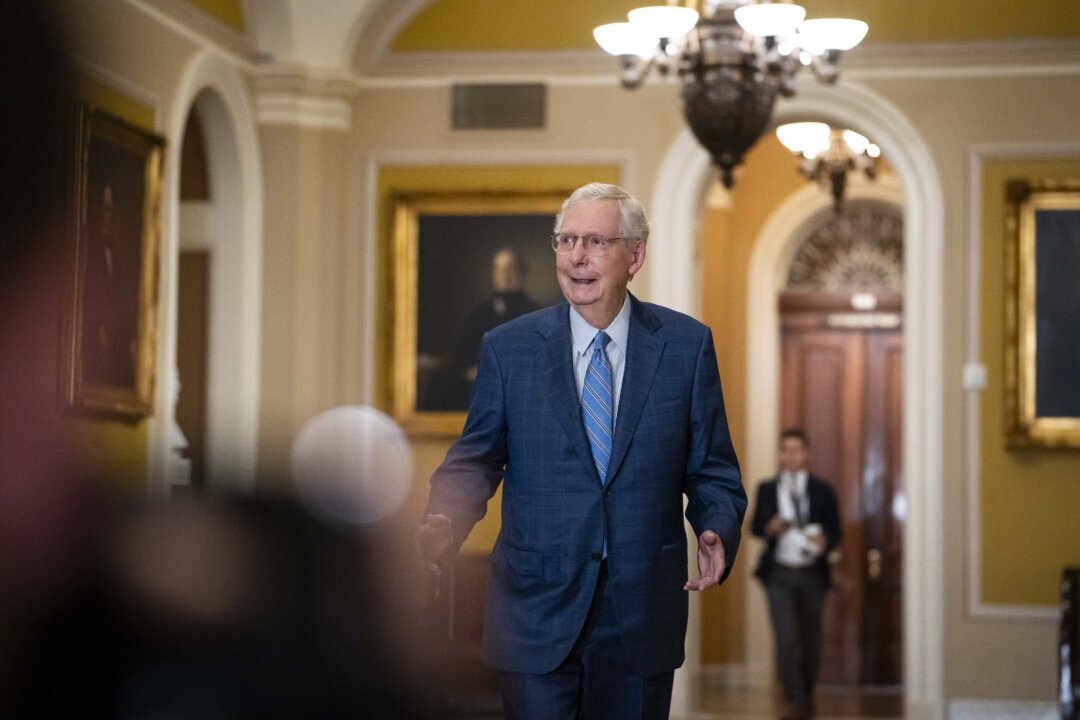
Today marks the UN's International Day for Tolerance. I had no idea that the UN celebrated a day dedicated to tolerance. Who cares about an organisation that is increasingly becoming irrelevant? It seems the UN has two sets of rules for everything.
It has annoyingly tolerated the aggression and annihilation of the people of Palestine, Ukraine, and Rakhine, offering only occasional "oohs" and "aahs." It implements strict measures for weaker nations. For a country like ours, where much depends on who can participate in peace-building missions abroad, we are forced to tolerate the moral high ground from where such great messages are delivered.
The idea of dedicating a day to promote harmony and peaceful coexistence—a day that fosters diversity, justice, and understanding across borders, cultures, and beliefs—seems promising in theory. Adopted in 1995, the day recognised that being connected is just one part of the story. The main plot involves social cohesion and mutual understanding.
But in a world where crises and conflicts continually push the limits of human compassion and patience, tolerance must emerge not as a mere philosophical ideal but as a survival skill. In a year already dubbed the "graveyard of the incumbents," people are tired of rulers who have failed to deliver. It doesn't matter whether the governments belong to the right, left, extremists, or moderates—ruling parties in different parts of the globe were given a kicking, as one Financial Times report has succinctly outlined.
The rulers of the US, France, UK, Japan, and Bangladesh will regret the year 2024. This should come as no surprise to voters who have grown up with internet culture. The "Alibaba crowd" wants instant gratification and demands immediate results in a world of on-demand services.
Our shared fascination with the virtual space ensures that what we see on the internet determines what we want in our lives. We want quick solutions and visible changes. We trust in self-promoting search engine optimisers and believe that institutional reforms can be achieved through promises and algorithms.
We remember the sacrifice of young people during the July uprising to end fascism and corruption. The idea now faces defeat due to a lack of decisive action from leaders. This phenomenon is evident not only in Bangladesh but also in other parts of the world.
Young activists are disillusioned with governments that seem unable—or unwilling—to meet the challenges of climate change, social justice, and economic reform. Many US voters abstained from voting, believing their pleas over the atrocities in Gaza went unanswered. Many voted, fearing that the migrant population would take over their land.
Rather than endorsing a candidate who embraced diversity, voters supported an individual with an insular perspective. Tolerance, by definition, is the ability to accept things we disapprove of. The slide illustrates the degree of acceptance of the "other.
" Economic distress often triggers impatience and intolerance in people. Public reactions to inflation and price hikes offer a litmus test. The widespread occurrence of intolerance has both positive and negative implications.
On one hand, it demands accountability. On the other hand, it fuels intolerance. People perceive slow progress as a sign of complicity or incompetence, which triggers frustrations that eventually turn into cynicism or rage.
As a nation, we have become less forgiving. We look for scapegoats, blaming ghosts of the past or their foreign conjurors. We direct our frustration at minorities, refugees, or other marginalised groups.
We overlook the social glue that holds us together. This is where the UN's message of tolerance can have practical importance. Tolerance is ultimately tied to resilience.
It demands a commitment to empathy, even when circumstances suggest otherwise. How much can we put up with? Then again, there must be limits to toleration. Should we make space for everything we disagree with or find impossible? In doing so, do we assume power and agency to demarcate what we consider right and dismiss what we deem wrong? Does exercising such power entail authoritarian interventions? For example, some believe that pilgrimage or folk heritage can serve as a counterbalance to religion's dominant role.
Others locate an originary moment in history that solidifies the religious identity of the majority. The caliphate movement during the anti-British colonial period offered such a moment. But what about our folk songs and lore, which narrate a time that defied communalism? As Mahbub Pial wrote in this paper, referring to the spiritual saga of Bengal, "Gaazir Gaan is a symbol of tolerance among people belonging to different religions, sects, and identities.
It has encouraged people to lead a harmonious life in a multi-faith society." The kernel of democracy lies in a multi-faith fruit. Tolerance is a value and a condition that ripens that fruit.
Democracy cannot sustain itself without tolerance, both at the national and international levels. However, recent events have shown that overemphasising individual choices in the name of tolerance can lead to backlash. In the US, for instance, one Republican campaign focused on the battle of pronouns.
American voters may have been influenced significantly by that. The debate over Sharif/Sharifa had a similar impact in our case. The time has come to reimagine tolerance.
Tolerance is not just about living in harmony with others. It entails active engagement with our communities and an acknowledgment of shared responsibility. True tolerance means not only accepting diversity but also advocating for justice, understanding the roots of discontent, and taking steps to alleviate them.
Thus, we must endure—taking from the Latin root meaning of tolerare. Therefore, tolerance has evolved into a crucial survival skill. In education, we must teach the next generation not only tolerance but also empathy, conflict resolution, and the importance of supporting marginalised voices.
The UN Day can be impactful if UNESCO allows schools and universities in Bangladesh and beyond to play a role in this transformation by integrating social justice and global awareness into curricula, equipping students with the skills to build a more tolerant, inclusive society. Dr Shamsad Mortuzais professor of English at Dhaka University. Views expressed in this article are the author's own.
Follow The Daily Star Opinion on Facebook for the latest opinions, commentaries and analyses by experts and professionals. To contribute your article or letter to The Daily Star Opinion, see our guidelines for submission ..














